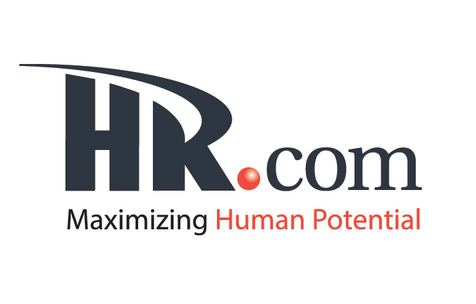
The events over the last several years propelled public momentum in addressing systemic injustice and social inequity, especially in the workplace. This has cast a bright spotlight on organizations’ diversity, equity and inclusion (DEI) efforts – specifically around gender and racial pay gaps. These issues are not going away. In fact, employers should expect pay equity to come even more into focus as governments around the world enact legislation and as an employee and corporate stakeholder voices become louder about this issue. Today, we see some of the top factors motivating organizations to tackle pay equity are: Improving sense of inclusion among employees Acquiring and retaining top-level talent Elevating brand perception Getting ahead of or adapting to applicable legal and regulatory changes Pay equity is an integral part of a successful DEI program and can only be accomplished through informed data analysis and resolution strategies that establish a long-term framework to address inequality at all levels of the organization. What Is a Pay Equity Audit? A pay equity audit is a multidisciplinary effort that requires extensive knowledge in a legislative and regulatory framework for the applicable jurisdiction, econometrics, statistics and statistical modeling, and workforce data management.
